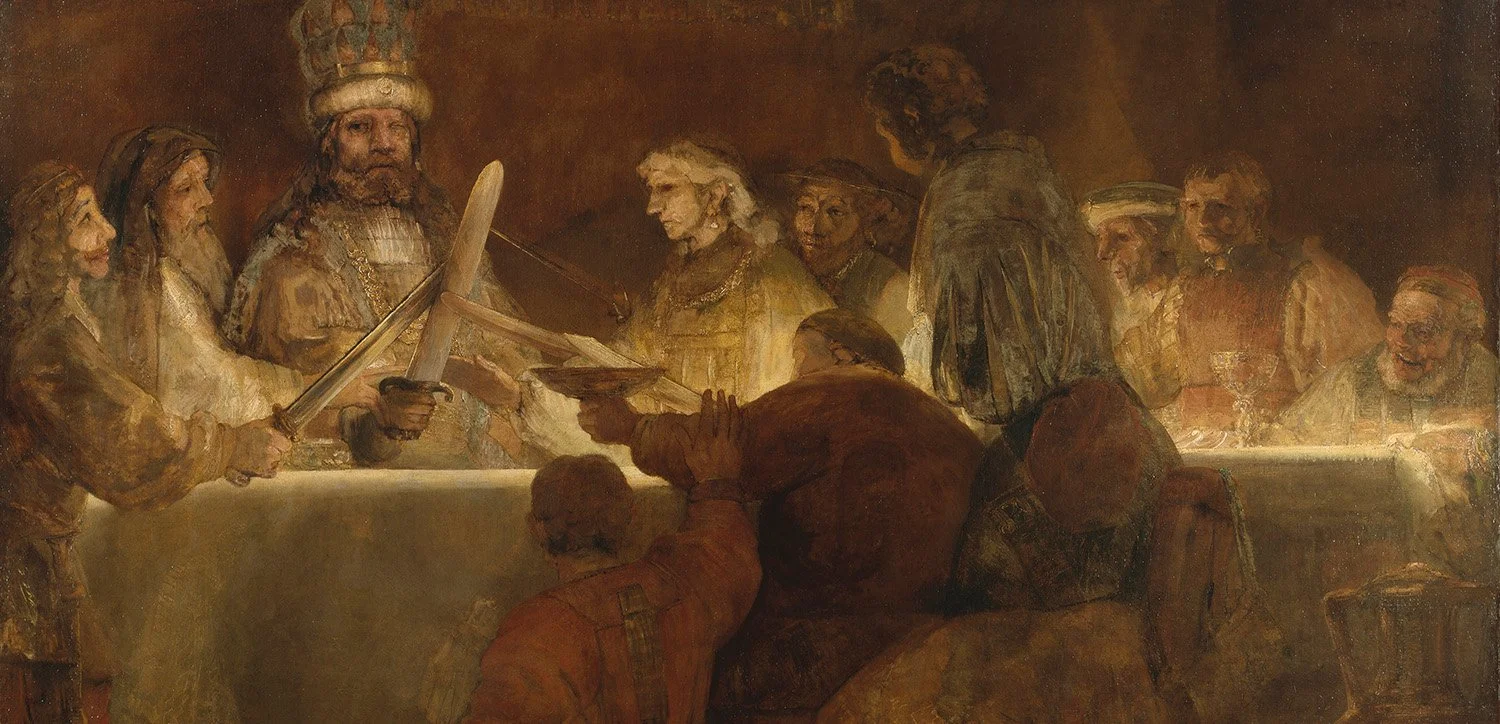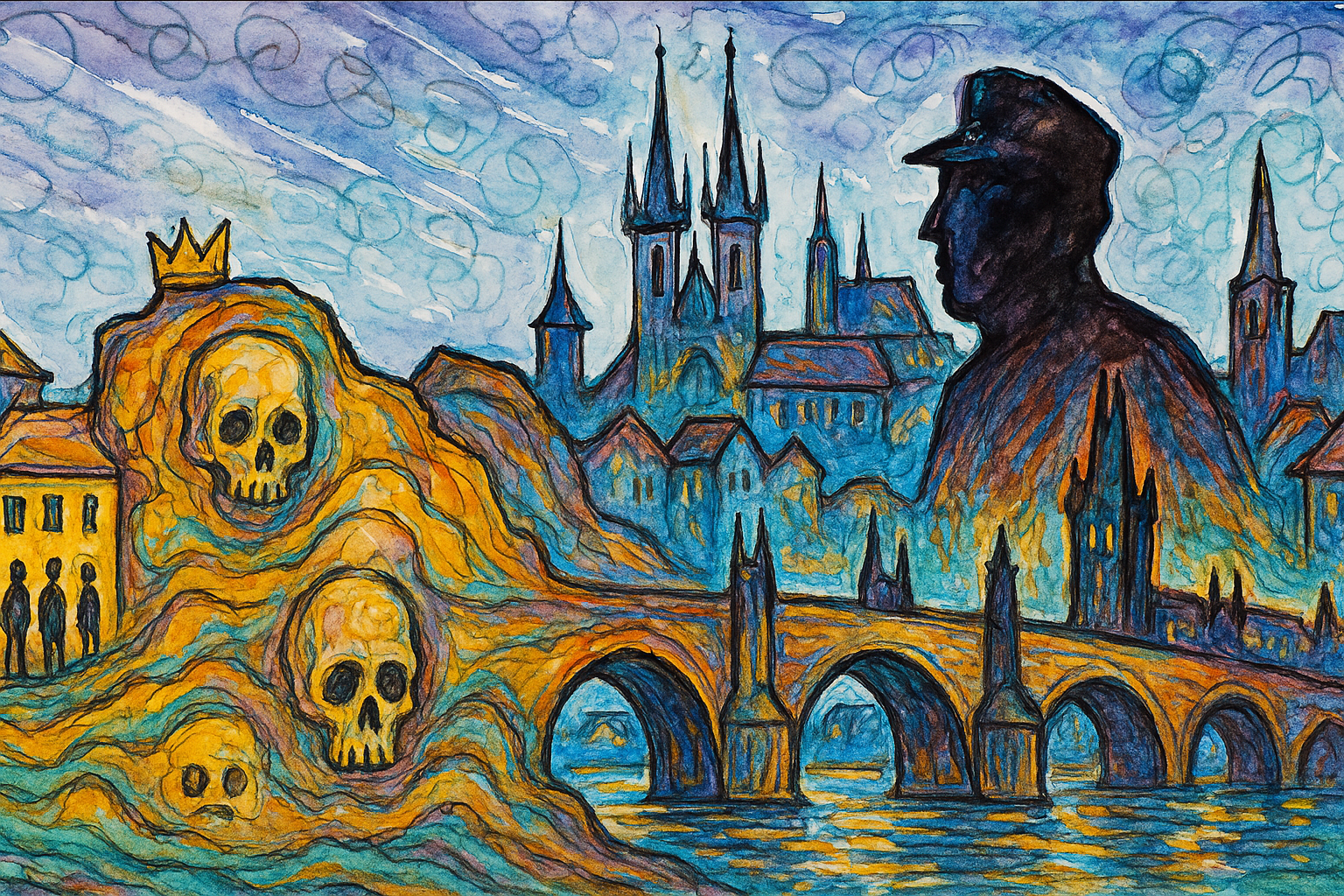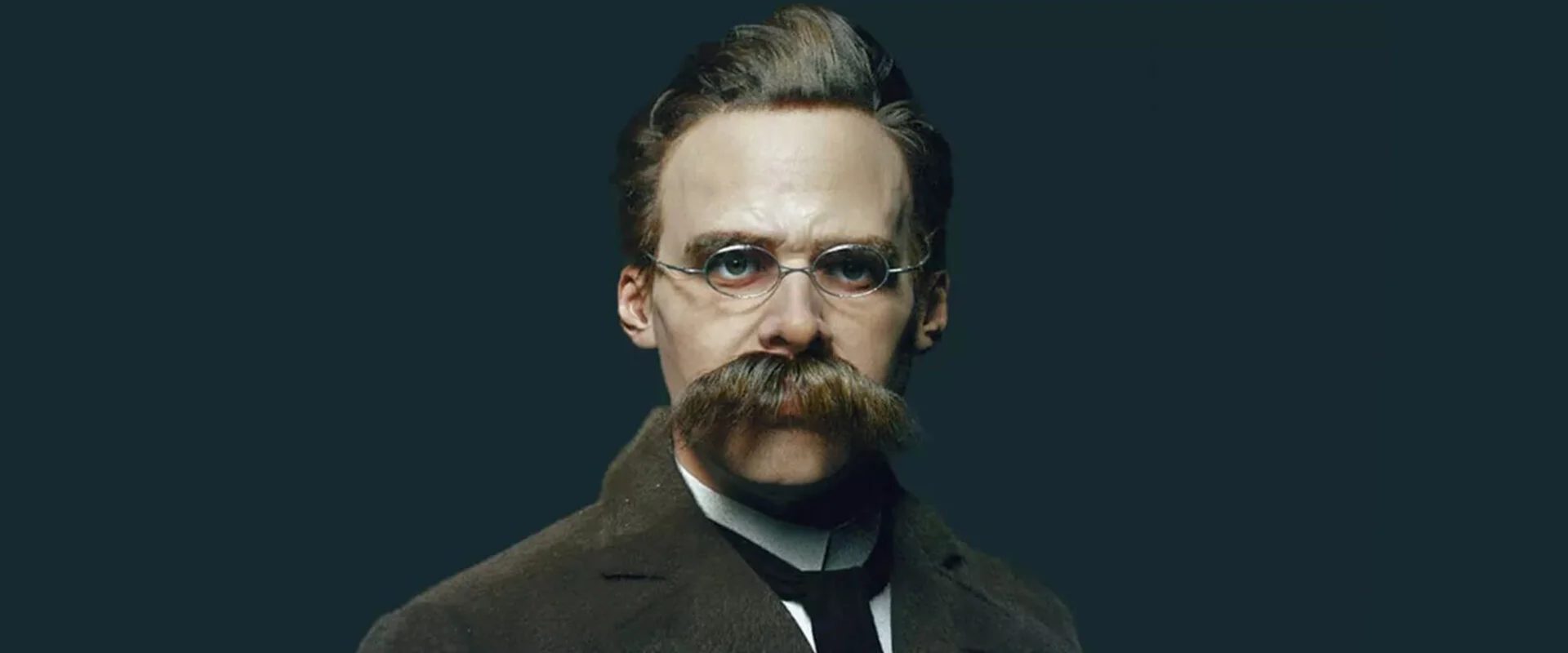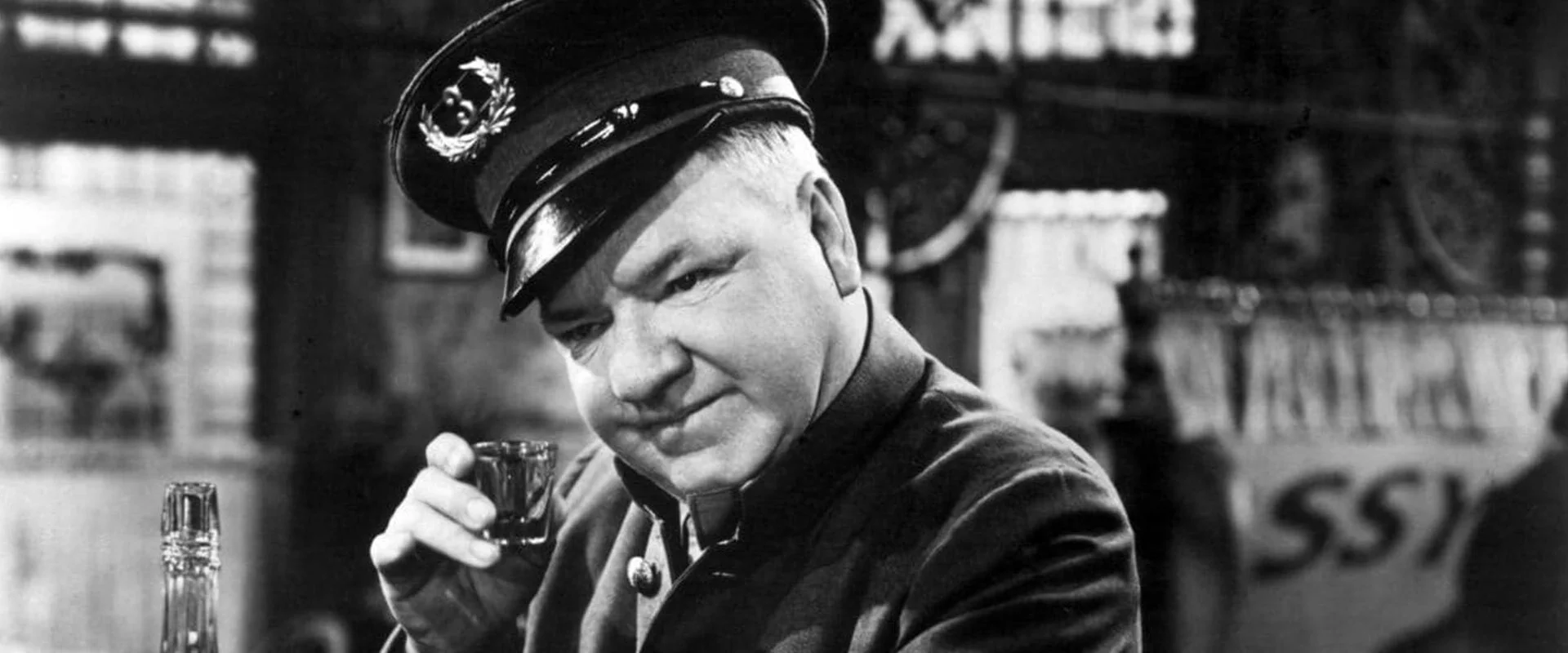Tom Stoppard's Dogg's Hamlet, Cahoot's Macbeth offers fresh evidence of the universality of Shakespeare's genius. Essay
If Shakespeare's plays constitute some of the great monuments of Western civilization, one reason is that they are deeply rooted in its grand traditions. Lecture
Essays in honor of Paul Cantor—this volume applies libertarian philosophy and free-market economic theory to both literature and media, from early modern drama to novels to comic books, cinema, and television series. Book
Titus & Paul Cantor, America's eminent Shakespearian, talk movies, TV shows, & tragedy. From Godfather to Breaking Bad, from Aristotle to Mark Twain, we talk about how to understand pop culture & how to understand America's great love affair with tragic heroes (now called anti-heroes). Podcast
Titus & Paul Cantor talk about David Milch's most famous achievement, Deadwood--the movie & the TV show both: A lawless, but orderly vision of America. An America with commerce but without religion, with freedom but without equality--what kind of community & what kind of justice is possible in such a situation? Podcast
In this EconPop interview, Cantor discuses 1987 action classic, RoboCop. Subjects include innovation, public goods, and corporate skullduggery. Podcast
Titus & Paul Cantor discuss Frankenstein on its 200th an.--the novel, its history on the stage in the 19th c., & various movie adaptations in the 20th c. We talk about the genius of Mary Shelley & the rarity of a new myth being created by a single person under the historical spotlight! We talk about Enlightenment, Romantic poetry, & how new technologies of communication provoke nostalgic storytelling. Podcast
The introductory lecture in Prof. Cantor’s course “Myths of Creation.” It explains the importance of creation myths in Western civilization; it lays out the classical and biblical traditions of creation; and outlines the readings in the course and its focus on the Romantic creation myth, which seeks to overturn in gnostic fashion the values of traditional creation myths. Lecture
The ancient Greek accounts of the creation differ greatly from the one in the Bible. In his Theogony, Hesiod produces a polytheistic account of the origin of the world. Lecture
Milton’s Paradise Lost as an attempt to synthesize the Biblical and classical accounts of the Creation. Lecture
A study of Wagner’s Ring Cycle as a Romantic creation myth, analyzing how it tells the story of an initial harmony with nature, a fall from that unity into the power struggles of civilization, and Wagner’s hope for an apocalypse that would allow for the triumph of love in the world. Lecture
Nietzsche does not offer a myth of creation, but his new myth of the Eternal Recurrence is meant to provide a new basis for human creativity. Lecture
This lecture analyzes Yeats as the poet of a Post-Nietzschean world, having rejected any vision of eternity and embraced human life as a series of historical cycles of creation and destruction; the lecture looks at the opposition between art and life in Yeats’s works and shows how he tries—but ultimately fails—to transcend it. Lecture
Samuel Beckett’s Trilogy (Molloy, Malone Dies, and The Unnamable) treated as a gnostic creation myth, in which what is created is the book itself, by a mysterious god or gods, who, like the Romantic demiurges, cannot create a decent world for their creatures. Accepting Nietzsche’s idea of the Death of God, Beckett creates a story in which the novelist dies midway, leaving his characters to fend for themselves in the absurd world he leaves behind him. Lecture
SYNOPSIS
RELATED BOOK
Con Men, Gangsters, Drug Lords, and Zombies
Americans love success stories. Accordingly, American popular culture is filled with them—stirring tales of ordinary people achieving what is known as the American dream. Over the years, Americans have been bombarded with stories that teach a simple lesson: if you work hard and remain true to your vision, you will be rewarded and get to live the American dream. One can acknowledge the historical reality of the American dream—the United States has indeed proved to be a land of opportunity for millions of people—while still admitting that the American dream is not an unproblematic concept. It is in fact very much to the credit of American popular culture that, even in the face of general celebration of the American dream, it has at times been willing to raise doubts about this widely cherished ideal. This study explores the question of why portrayals of the dark side of the American dream have resonated with and appealed to broad segments of an American public normally thought to be naively optimistic in its vision of itself.
Continue Study
Breaking Bad and the tragedy of Walter White. Essay
Huckleberry Finn is a dark and deeply unnerving work. It is filled with a seemingly endless parade of con artists, impostors, vigilantes, lynch mobs, and other practitioners of fraud and deception or cruelty and inhumanity. Essay
W.C. Fields lived the American Dream, but he struggled enough to do so that he became extremely aware of its dark side.Essay
By linking that dream to the immigrant experience, The Godfather I and The Godfather II tell a foundational American story, perhaps the foundational American story. Essay
We seem to have survived the Mayan apocalypse predicted for December 21, 2012, but maybe we should not get too cocky. American popular culture is overflowing with doomsday prophecies and end-of-the-world scenarios. Essay
























